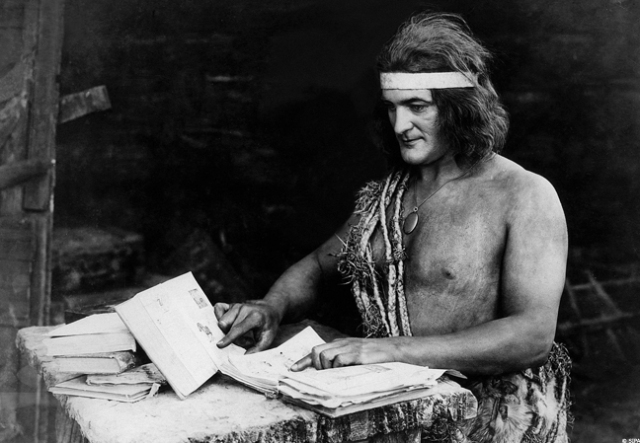
I’ve talked before about character names in fiction, for example in Mervyn Peake’s Gormenghast and in Joan Aiken’s The Wolves of Willoughby Chase. I’ve noted that certain authors are drawn to choosing significant names for their protagonists, authors such as A S Byatt in The Biographer’s Tale and in Angels & Insects. Donna Leon chose to call her truth-seeking heroine in The Jewels of Paradise Pellegrini, after the Italian name for a pilgrim, and the magizoologist Newt Scamander in Fantastic Beasts and Where to Find Them bears names that mark him out as a scientist (Newton) whilst also being able to transform (from larva to eft to newt) and survive in different environments (the newt, a kind of salamander, lives both in water and on land, while the Scamander is a river near ancient Troy).
Yet it appears that many authors don’t go in for universally significant or symbolic names for their leading men and women, especially when it comes to realistic novels set in a contemporary world. For example, Doris Lessing’s The Fifth Child has the parents of Luke, Helen, Jane, Paul and Ben simply as David and Harriet Lovatt, and unless these names had personal significance for the author (as a difficult ‘family’ member had for Lessing’s life) I can’t see that these are anything other than what any ordinary middleclass family might choose.
Again, in Patricia Highsmith’s The Two Faces of January is it apparent that Rydal Keener or the couple Chester and Colette MacFarlane have anything special about their names other than they seem typically North American? Perhaps the fact that Chester and Rydal are both derived from place names is more noteworthy than I can fathom.
But if the characters’ names neither obviously conform to the conventions of their setting nor have a personal resonance for the author (or at least one that they wish to share) do we have to fall back on significance or symbolism as guiding spirits? What do online gurus have to say about choosing the names of characters? I’ve selected three of these advisers.
Continue reading “The naming game”